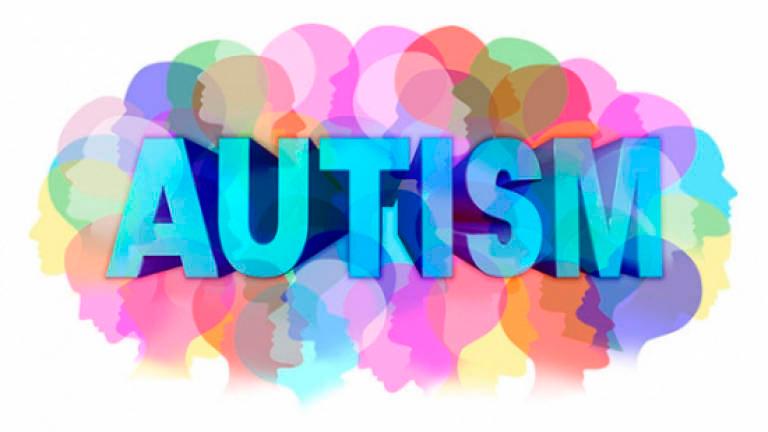PETALING JAYA: Care for people with special needs, such as autism spectrum disorder (ASD), has mostly been focused on children.
However, when they reach adulthood, family members and caregivers are usually at a loss on how to help them.
While some sufferers of ASD go on to earn degrees, secure a job and learn to function independently, many do not actually grow up.
Their mental capacity does not progress beyond that of a child, making it impossible for them to function independently as an adult.
Counselling psychologist and programme manager at SOLS Health, Fenella Ting, believes a lack of training and resources is the main reason adult ASD sufferers end up being left out.
SOLS Health is a non-profit community-based centre that connects individuals and communities to life-changing mental health services.
As a father with an autistic child living in Singapore has shown recently, parents are usually not equipped to manage such challenges.
In a recent report in the Straits Times, freelance photographer Bob Lee wondered how his 14-year-old autistic son Jun Lee would survive when he and his wife were no longer around.
To get ahead of the problem, Lee became an advocate for the special needs community in Singapore.
Given that there is no cure for ASD, early intervention is designed to help children learn important life skills, Ting told theSun.
“Since the recommendation is to start such intervention at an early age, it may play out that the focus of care is on children,” she said.
The lack of available skills and resources to support the adult autism population is also a factor that must be addressed, she added.
Worse still is the fact that there is no established method to diagnose ASD in adults but this is likely to change in the future, Ting said.
Under the ASD spectrum are a variety of signs and symptoms as well as the differences in severity that determine the condition of a sufferer.
Ting said adult ASD sufferers who fall under the higher-functioning spectrum and are therefore more able to cope with life challenges may still struggle with social interaction and communication.
She said those who have been diagnosed with ASD early in life and started on the right training immediately are likely to get better support and are quicker to learn the necessary life skills.
Behaviour consultant at CheekyKids Enterprise Lau Jia Cherng believes social stigma is one of the main reasons for the lack of focus on care of adult autistic individuals.
“A number of therapy centres offer services only for children or limited age groups. This is because of the over-emphasis on the term ‘early childhood intervention’,” he said.
Lau added society also tends to view adults with autism as “weird” or “crazy” rather than as individuals who need help, thus hindering them from seeking the correct assistance.
Another problem adults with autism face is the fact that parents prefer they focus on academics rather than vocational training, and companies are reluctant to hire them even if they have the right skills.
To help them, Lau suggested they be placed in a simulated real-world environment to help them get to know the experience.
“Teach them a specific routine, the concept of time and money, basic communication skills and even downloading and using communication apps on mobile devices,” he said.














